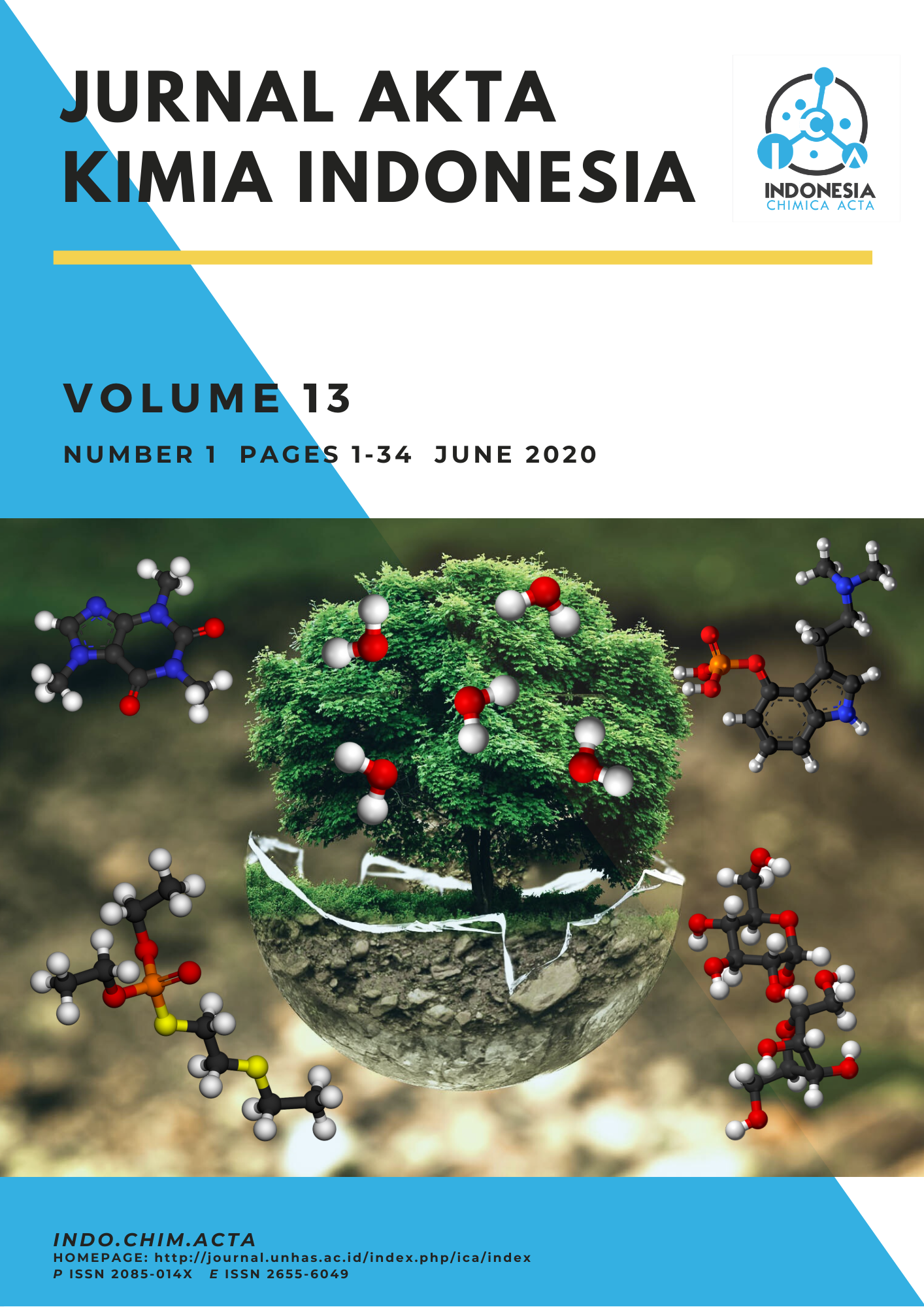Main Article Content
Abstract
Keywords
Article Details
References
- Ahmed, A.U., Hasan, S.R., Etzold, B., & Neelrom, S. 2012. Rainfall, food security, and human mobility: case study Bangladesh. UNUEHS Report 2. UNU-EHS, Bonn
- Alam, S., 2003. Environmentally Induced Migration from Bangladesh to India. Strategic Analysis 27(3): 422-438
- Alam, M.R., 2012. Climate change and its impact on health and livelihood within Hatiya Island of Bangladesh. J. Agro for. Environ. 6 (2), 13-16
- Adger, W. N., Hughes, T. P., Folke,C., Carpenter, S. R., & Rockström, J., 2005. Social-Ecological Resilience to Coastal Disasters, Science 309 (5737), 1036-1039. [doi: 10.1126/science.1112122]
- Banglapedia, 2008. National Encyclopedia of Bangladesh, Asiatic Society of Bangladesh, Dhaka, Bangladesh
- BBS, 2011. Report on Bangladesh Population Census 2011, Bangladesh Bureau of Statistics, Statistics Division, Ministry of Planning, Government of the People’s Republic of Bangladesh, Dhaka
- Climate Change Cell, 2007. The Government of Bangladesh. Retrieved from: http://www.climatechangecell-bd.org
- DMB, 2010. National Plan for Disaster Management 2010- 2015. Disaster Management Bureau, Peoples Republic Government of Bangladesh. Dhaka, 114
- DMB, 2010. Standing Orders on Disaster, Ministry of Food and Disaster Management, Disaster Management & Relief Division, Disaster Management Bureau. Dhaka, Bangladesh, April 2010
- IPCC, (2007). Climate change 2007: Synthesis report. Intergovernmental Panel on Climate Change, Geneva.
- Kothari, C, R., 1990. Research Methodology, 2nd Edition, New Age International (P) limited, India. P. 179
- Myers, Norman. 2001. Environmental Refugees: a growing phenomenon of the 21st Century. Philosophical Transactions of the Royal Society B: 356:16.1-16.5.
- Mahbub, A. Q. M., 1997. Mobility behaviour of working people in Bangladesh. Urban Studies Forum (USP), Department of Geography and Environment, University of Dhaka
- Stern, Nicholas, 2007. The Economics of Climate Change: The Stern Review. Cambridge University Press: Cambridge.
- Wisner, B., P. Blakie, T. Cannon & I. Davies., 2004. At Risk. Routledge, London and New York
References
Ahmed, A.U., Hasan, S.R., Etzold, B., & Neelrom, S. 2012. Rainfall, food security, and human mobility: case study Bangladesh. UNUEHS Report 2. UNU-EHS, Bonn
Alam, S., 2003. Environmentally Induced Migration from Bangladesh to India. Strategic Analysis 27(3): 422-438
Alam, M.R., 2012. Climate change and its impact on health and livelihood within Hatiya Island of Bangladesh. J. Agro for. Environ. 6 (2), 13-16
Adger, W. N., Hughes, T. P., Folke,C., Carpenter, S. R., & Rockström, J., 2005. Social-Ecological Resilience to Coastal Disasters, Science 309 (5737), 1036-1039. [doi: 10.1126/science.1112122]
Banglapedia, 2008. National Encyclopedia of Bangladesh, Asiatic Society of Bangladesh, Dhaka, Bangladesh
BBS, 2011. Report on Bangladesh Population Census 2011, Bangladesh Bureau of Statistics, Statistics Division, Ministry of Planning, Government of the People’s Republic of Bangladesh, Dhaka
Climate Change Cell, 2007. The Government of Bangladesh. Retrieved from: http://www.climatechangecell-bd.org
DMB, 2010. National Plan for Disaster Management 2010- 2015. Disaster Management Bureau, Peoples Republic Government of Bangladesh. Dhaka, 114
DMB, 2010. Standing Orders on Disaster, Ministry of Food and Disaster Management, Disaster Management & Relief Division, Disaster Management Bureau. Dhaka, Bangladesh, April 2010
IPCC, (2007). Climate change 2007: Synthesis report. Intergovernmental Panel on Climate Change, Geneva.
Kothari, C, R., 1990. Research Methodology, 2nd Edition, New Age International (P) limited, India. P. 179
Myers, Norman. 2001. Environmental Refugees: a growing phenomenon of the 21st Century. Philosophical Transactions of the Royal Society B: 356:16.1-16.5.
Mahbub, A. Q. M., 1997. Mobility behaviour of working people in Bangladesh. Urban Studies Forum (USP), Department of Geography and Environment, University of Dhaka
Stern, Nicholas, 2007. The Economics of Climate Change: The Stern Review. Cambridge University Press: Cambridge.
Wisner, B., P. Blakie, T. Cannon & I. Davies., 2004. At Risk. Routledge, London and New York
